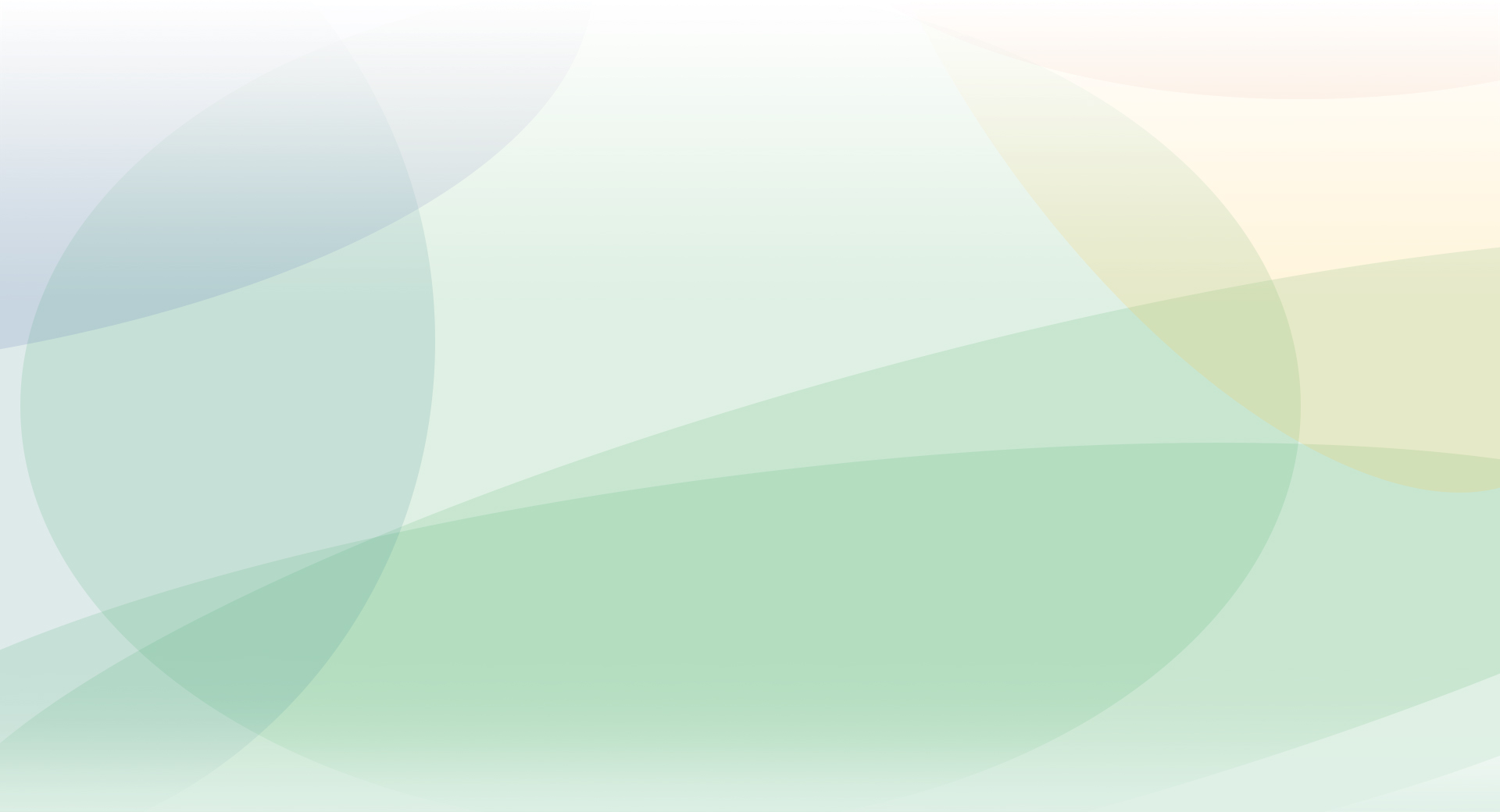Erasmus Plus Project makes Science a Laughing Matter for School Students
Thursday, December 3rd, 2020 at 12:43 pm | News & Events
 Despite the fact that scientific developments permeate and enrich the lives of young people on a daily, or even hourly basis, studies across Europe are identifying pockets of this demographic that are struggling to relate to and engage with the science curriculum in the classroom. According to Science Foundation Ireland’s 2015 Science Barometer report, young women from less affluent backgrounds are less inclined to identify with science education at second level. This has a direct impact on the number of students from this demographic advancing to third level and ultimately working within the field.
Despite the fact that scientific developments permeate and enrich the lives of young people on a daily, or even hourly basis, studies across Europe are identifying pockets of this demographic that are struggling to relate to and engage with the science curriculum in the classroom. According to Science Foundation Ireland’s 2015 Science Barometer report, young women from less affluent backgrounds are less inclined to identify with science education at second level. This has a direct impact on the number of students from this demographic advancing to third level and ultimately working within the field.
Drilling down further into the statistics, researchers have found that young women from a cultural minority background or who identify as LGBTQIAP+ are even less likely to develop a positive scientific identity, meaning a far reduced number of people from these societal groups tend to aspire to careers in science.
With the aim to address these gaps in science engagement, The Gaiety School of Acting has teamed up with partners from Ireland, Finland, Poland and Holland to investigate ways in which performance, and specifically comedy improvisation, can be utilised by science educators to impact on their students in a new and dynamic way. The three year Istem project, supported by the Erasmus Plus fund, began on September 1st 2020.
Drawing on the proven benefits of comedy and improvisation in maximising communication and removing barriers, IStem’s unique and innovative approaches to inclusivity in science education aims to benefit those groups of students who most need it, ultimately bridging the gap between school and higher education.
The use of humor in the classroom has been researched extensively by the American Psychological Association and has been shown to have many benefits for students, some of which are:
- An increase in learning.
- An increase in self-motivation.
- An increase in class attendance.
- An increase in test performance.
- An increase in divergent thinking.
- An increase of interest in learning.
- A reduction of anxiety and stress in dealing with difficult material.
- The creation of a positive social and emotional learning environment.
The IStem team comprises of The Gaiety School of Acting, Trinity Access, St Joseph’s post-primary school in Rush County Dublin, DIAK the Applied Science University Helsinki, Varsztatovnia, an arts advocacy organisation in Warsaw, Piter Jelles Leeuwarder Lyceum in Holland and Jezioranski Liceum in Warsaw. Istem will conduct a body of research and development over the next 3 years, with the aim of producing resources and masterclasses to aid science teachers in promoting higher levels of inclusivity and engagement in the classroom. This fusion of science and comedy is an experiment that we hypothesise will have an explosive impact on education and science engagement across all communities in Europe.




